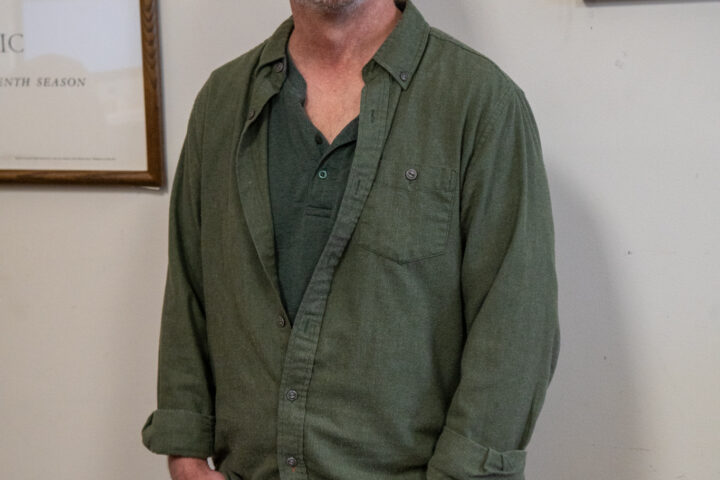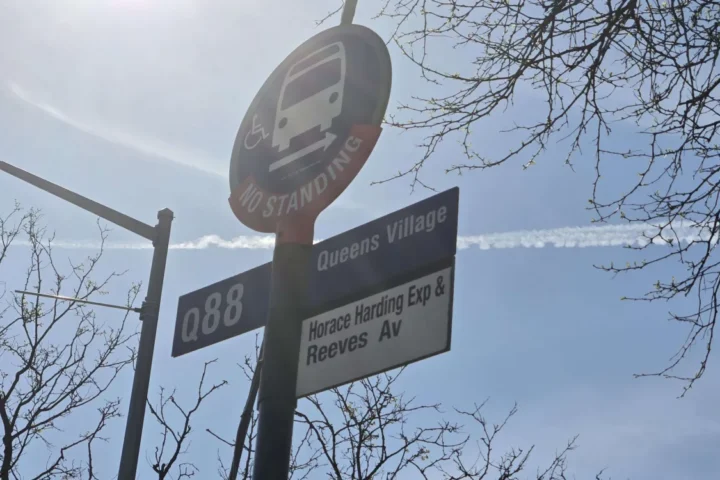NFTs have been on the rise for over a year now, but how much do we really know about them?
To start, NFT stands for “non-fungible token.” NFTs are records of unique ownership of representations of real-world objects. These objects can include everything from photos to videos to tools and devices and beyond. NFTs are bought or sold with cryptocurrencies such as Etherium, Bitcoin, and Dogecoin. So why is everyone going crazy for them?
There are plenty of reasons, but one of the most prominent is no regulation.
Cryptocurrency’s continuous struggle to be properly regulated has drifted into the world of NFTs due to their inseparable needs and caused more harm than good. One of the largest issues with the lack of regulation is the exploitation of artists and creatives. Prior to websites being made for the sole purpose of buying and selling NFTs, there were, and still are, many artists self-publishing their work onto art sharing sites like DeviantArt, Tumblr, Pinterest, and many more. Now, these artists are seeing their works stolen and published on NFT websites without their permission and turning a profit. According to NBC News, OpenSea, one of the largest NFT marketplace websites, doesn’t require a seller “to provide proof of ownership or use their real name to start an auction, but an artist filing a copyright notice has to share personal information like their real name and links that prove they’re the real owner of a work.”
This has led to many artists being forced to pull their work from sites they have used for years due to a lack of trust in who is viewing their art and stealing it to turn a profit without their knowledge. There is no specific way to find and pull their art from these unregulated marketplaces. Additionally, Adrian Krion of NASDAQ, states that “NFTs can at least theoretically tread so much further than fungible tokens in terms of their functionality,” This only further blurs the line of regulation since NFTs can serve different purposes and not be strictly defined as or treated like “art.” So, since the US Government still has not officially regulated NFTs, what are people allowed to do with them?
Recently, Jimmy Fallon had Paris Hilton on the show and many quickly saw the conversation go from the normal pre-rehearsed interview to a questionable promotion of NFTs. For the longest 77 seconds in Tonight Show history, Paris and Jimmy discuss how they both bought Bored Ape Yacht Club (BAYC) NFTs, showing them to the crowd. Although this may seem fine in passing, what Paris and Jimmy don’t disclose to the crowd is that the terrible cartoon monkey avatars they just showed off are both separately valued at well over six figures in U.S. dollars when converted from their cryptocurrency value.
Due to the lack of regulation of both cryptocurrency and NFTs, the line is blurred between what is business and what is commentary. If this lack of regulation continues to fester in the NFT community, there will only be more problems created. Without universal government regulation, the NFT market is dangerous and not to be trusted as a safe and secure investment.











